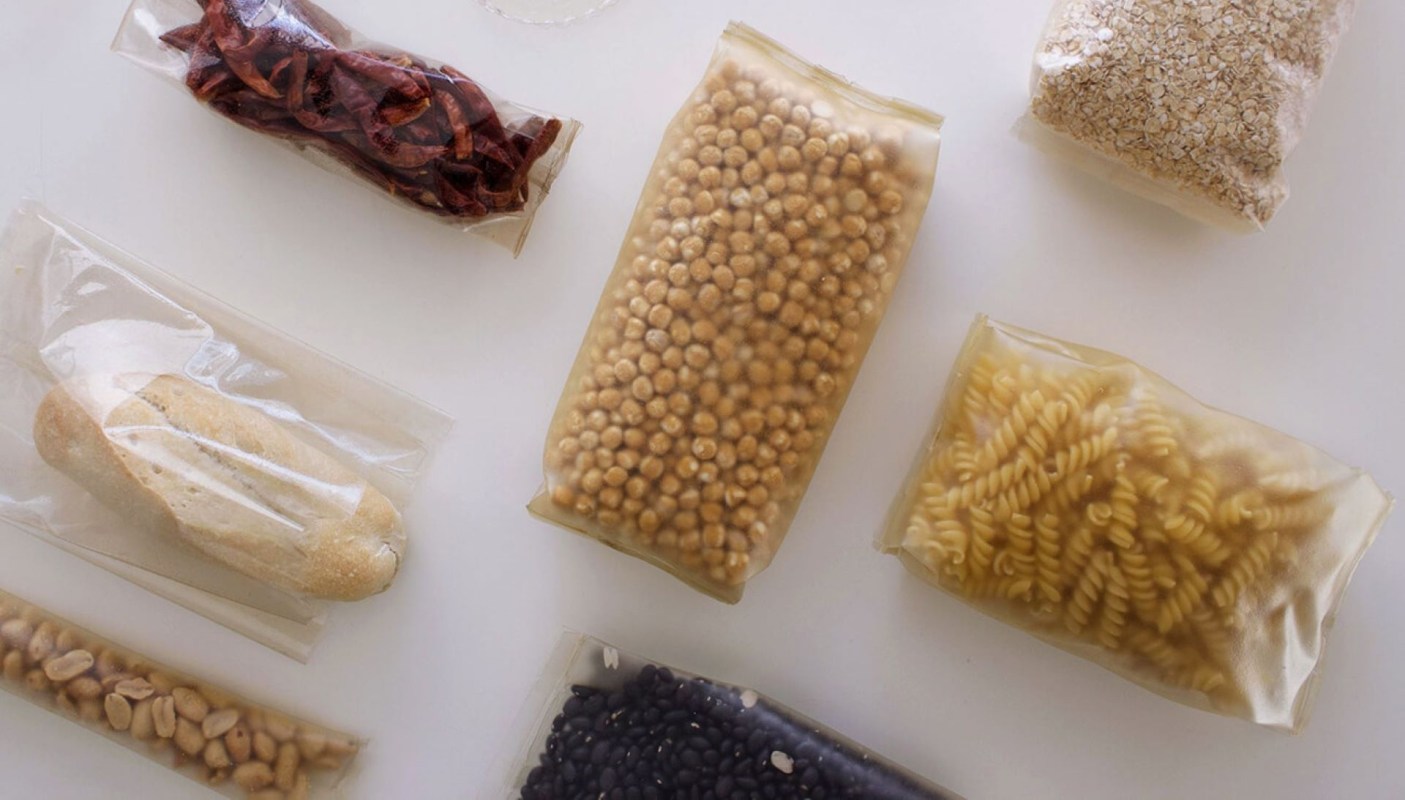Mari Granström, a Finnish biochemist and founder of the company Origin by Ocean (ObO), is working to take toxic microalgae blooms out of the world's oceans and turn them into something useful: plastic alternatives.
Microalgae blooms are an increasing problem affecting the world's oceans. In the Baltic Sea, where Granström first encountered the blooms, they cover more than 97% of the water.
Algal blooms are caused by excess nitrogen and phosphorus — nutrients found in fertilizers — that enter the oceans primarily in run-off from large-scale farms. The increase in nitrogen and phosphorus promotes the growth of small cyanobacteria, also called blue-green algae, that cut off vital oxygen supplies to fragile marine ecosystems, creating "dead zones."
In the U.S., the largest dead zone covers about 6,500 square miles in the Gulf of Mexico. It appears every summer as a result of nutrient pollution from the Mississippi River Basin, according to the EPA.
"Today, virtually every coastal country in the world is affected by harmful blooms of microscopic algae or phytoplankton," the Harmful Algal Blooms Programme (HAB) — part of UNESCO's Intergovernmental Oceanographic Commission — says on its website.
"These blooms can kill marine life and even cause death in humans. The IOC's International Harmful Algal Bloom (HAB) Programme works to help Member States develop the research and management capacity needed to understand the causes of these blooms, predict their occurrences, and mitigate their effects," HAB says.
By harvesting the algae, Granström and Origin by Ocean turn the problem into solutions, including a range of useful products like cosmetics, food, animal feed, and an alternative to plastic.
Seaweed is finding its way into a lot more than just sushi rolls. These days it's in a range of sustainable products, from skincare products to vegan burgers to alcohol. California's Osea Malibu uses locally harvested seaweed in its beauty products, for example. New York's Akua makes vegan burgers out of kelp, and Sweden's Nordic Seafarm makes gin and beer with locally sourced algae.
ObO is currently focused on collecting microalgae from Finland's coast and sargassum, an invasive seaweed that's growing along the coasts of the Dominican Republic. It also harvests unwanted seaweed that grows around Portugal and Spain.
Once harvested, ObO uses a patented technology it calls Nauvu to separate the algae, which can be sold to a number of industries, including food, cosmetics, textiles, packaging, and agricultural companies.
"We wanted to do something to help at both ends of the process, upstream and downstream, as it were — cleaning the seas, but also monetizing a change in consumer behavior," Granström said in a recent interview.
Granström and ObO are busy working on scaling up and expect to be fully operational by 2026.
Join our free newsletter for weekly updates on the coolest innovations improving our lives and saving our planet.









